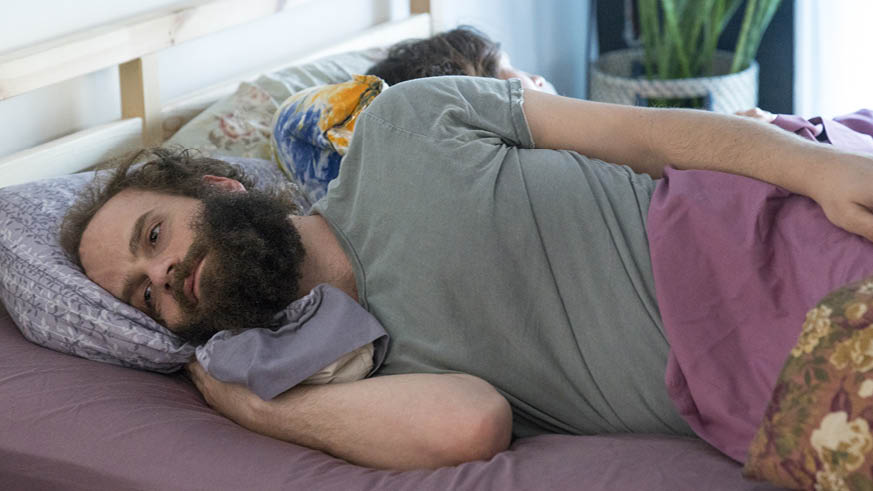Despite divorcing, Katja Blichfeld and Ben Sinclair, the brains behind High Maintenance, are just fine. So those of you worried about the future of the show — whose second season premieres Friday, January 19 — well. Don’t.
“If any of you follow our personal narratives, you’ll know it’s been a year of a lot of ups and downs,” Blichfeld said at a Q&A for the series at the Alamo Drafthouse in Brooklyn. “And we’ve been really lucky to be supported by each other. And some really good friends.”
And despite — or because of — said personal narratives, the second season of the HBO series is beautiful, timely and as funny as ever. High Maintenance continues to be impressive in its diverse, all-welcoming landscape, telling the stories of all the kinds of people who live in New York and poking fun at them when need be.
But it’s never mean. Blichfeld and Sinclair maintain a warm, open gaze on their subjects, whether dealing with white feminists, interracial families, or the collective shock felt through a borough after something major and unnamed happens. Something that’s most likely the day we all found out Donald Trump was actually going to be president (that happens in the premiere episode, by the way).
“That idea was conceived of on Inauguration day in January last year,” Sinclair said. “We knew we didn’t want to reveal that it was that — we don’t even say Trump’s name in this whole season.”
“We were really interested, more than anything in capturing a mood,” Blichfeld added. “We didn’t need to be specific about it. We felt pretty confident that over the next several months, other terrible things were probably going to happen that would be similar in their impact.”
Still, while High Maintenance is set firmly in its left-leaning bubble, that aforementioned willingness to dive deep into diverse stories helps keep it universal.
“I’ve heard it said before that the more specific you can be in your story, the more universal it can become. And I think that’s true,” Blichfeld said. “Sometimes we get emails from people who are very distinctly not in cities who will say, ‘Oh wow, your show really resonates with me.’ And they’ll call out episodes that, to me, feel like they’re really specific to the New York urban experience.”
“They call ‘em indie-llectuals, they tell us,” Sinclair said, laughing. “They told us our demographic is male skewing indie-llectuals. You never heard of that?”
















